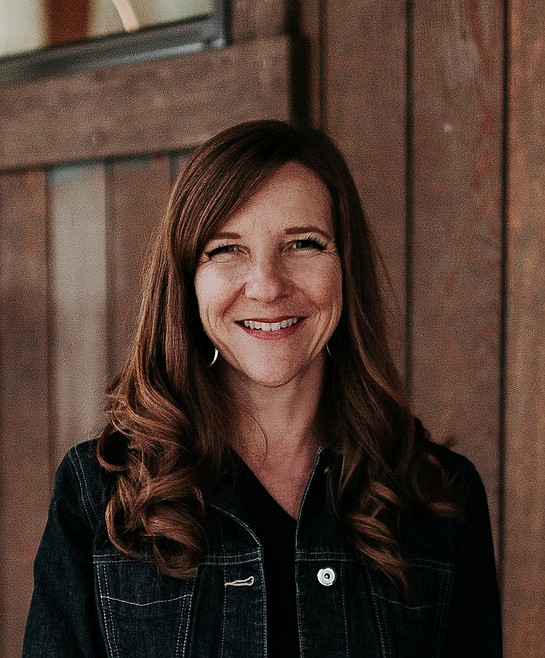What are their options?
Marc Eberlein’s step down from the optional forms of government ad hoc committee has sent commissioners back to the drawing board, with action expected Monday morning.
A former county commissioner and representative for Commissioner Leslie Duncan, Eberlein made quite the exit during the ad hoc committee’s first meeting Tuesday. Announcing his apparent opposition to the study and proposed nomination process to select study participants, Eberlein packed his things in the middle of the event and relinquished his role as an ad hoc member.
Duncan said Eberlein’s actions were unexpected but not entirely surprising.
“'Surprised' is a weird word," Duncan said. "On the one hand, I’m not surprised because I could see that happen, but I didn’t think it would happen."
Part of both Duncan's and Eberlein’s concerns stem from the perception the study commission will be stacked to alter the current government structure. As the lone voice of opposition against the study, Duncan initially supported creating an ad hoc committee to interview participants. However, without set qualifications, she expects bias to be an issue.
“There were no sideboards, no instructions," Duncan said. "I would’ve said it has to be a three-way vote of approval, veto power, or at least one person can nominate someone that the others can’t veto. All these kinds of things I brought up to prevent that, but they didn’t pass.”
Though there are some proposals, Duncan has considered her top choice — dissolving the committee — as an unrealistic option. Alternatively, she hopes that she can maintain representation on the ad hoc board.
“Obviously, my hope of having an unbiased nine-person study commission has been dashed, so we’ll just have to figure out on Monday where to go from here,” Duncan said.
The proponent of the study, Commissioner Bill Brooks, said he has a few plans in mind, including the nomination of Community Library District Trustee Robert Fish to take Eberlein’s seat. The decision would require another commissioner’s support.
“Bob is reasonable, well-spoken," Brooks said. "He’s a Republican with deep roots, and he stands up to any form of totalitarianism. He wants people’s voices to be heard."
He noted that some people believe Duncan should appoint another person as her representative, but Brooks was hesitant.
“Why should she [appoint another representative]?" Brooks asked. "She appointed Marc. Marc quit. I see that as a stall tactic. She had a perfect opportunity to appoint somebody who’s going to represent her and her constituents, and she blew it. She appointed a quitter who was more interested in political theater than he was being part of the process.”
Commissioner Chris Fillios said he was looking at a couple of different proposals to bring forward next week, but he was not prepared to make a statement on them.
However, Fillios noted that he feels the efforts he’s made to be accommodating, such as recommending outside groups nominate study members, so far have been in vain.
“When I say 'more accommodating,' what I mean is trying to take [the commissioners] out of the process of immediately appointing people," Fillios said. "Frankly, I could give you three nominations. I could give you nine in a week. What I was trying to do is remove the element of bias so that the committee could ultimately be more objective. Now I have to wonder if that was the right approach.”
Fillios pointed out Eberlein’s desire for each ad hoc member to nominate three study commission members is what Brooks had proposed at the outset.
“One of the reasons that we opted to not each pick three and instead form the first, and ultimately second, ad hoc committee was essentially to accommodate Leslie and potentially give her a greater voice,” Fillios said. “The easy thing would have been for us to vote for three people.”
He wasn’t surprised that Eberlein walked away from the table and said it was ineffective if it was a stall tactic.
“If there is any chance he thinks this will derail the study, then he is wrong. This will go forward. I am not the least bit deterred by this kind of behavior,” Fillios said.

